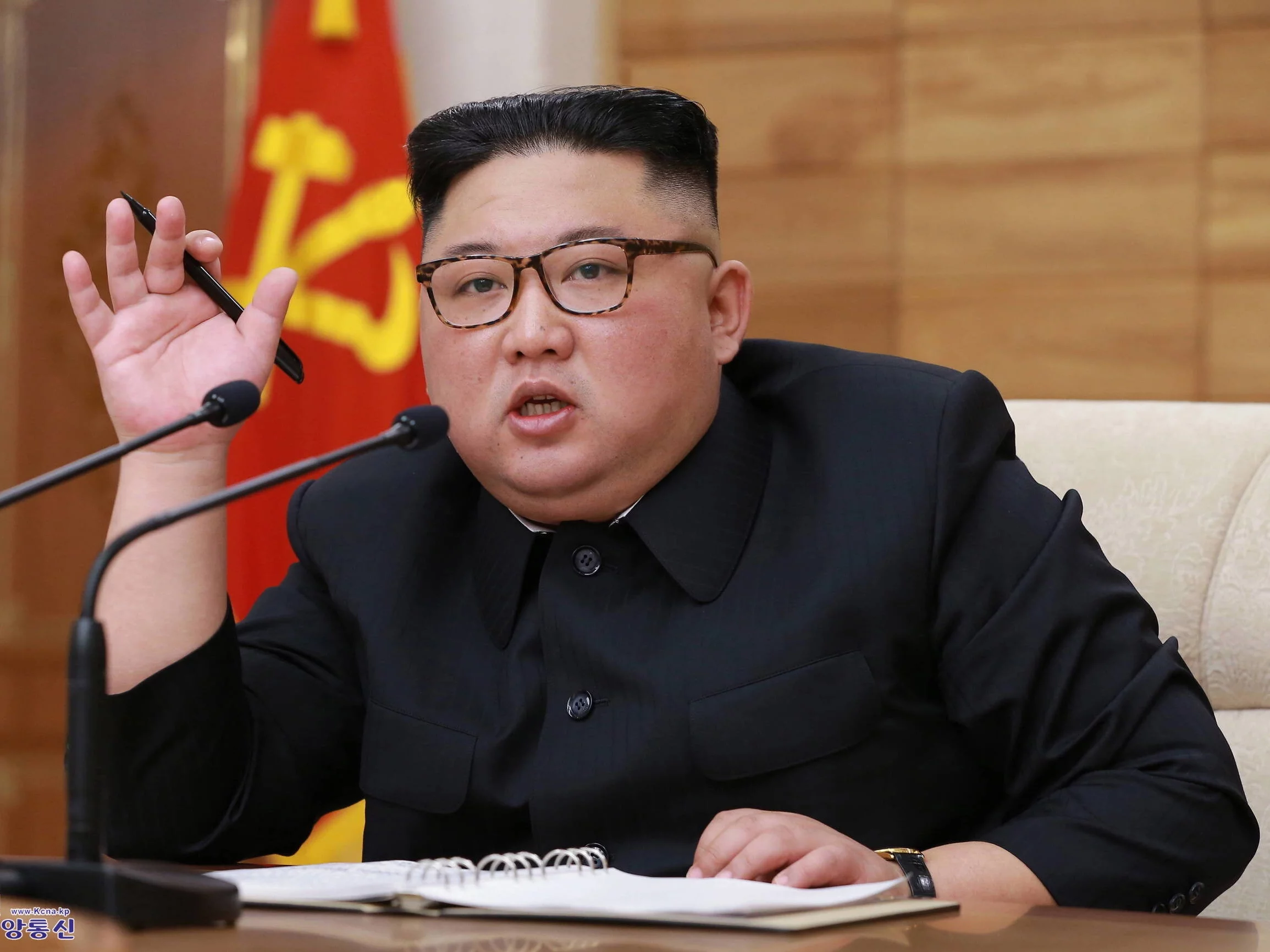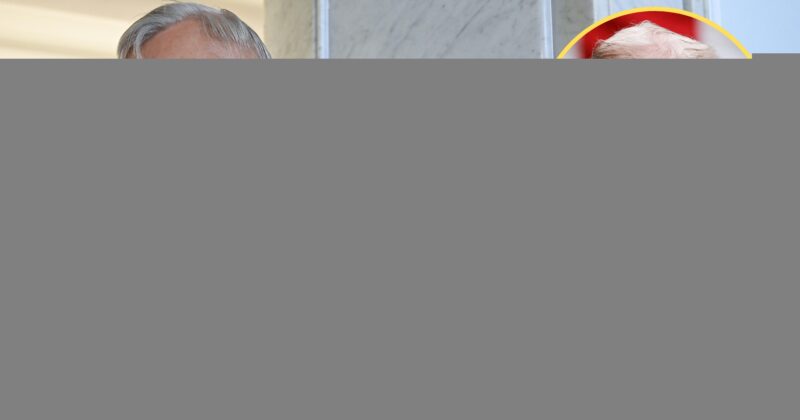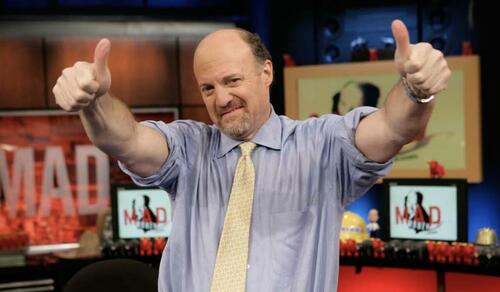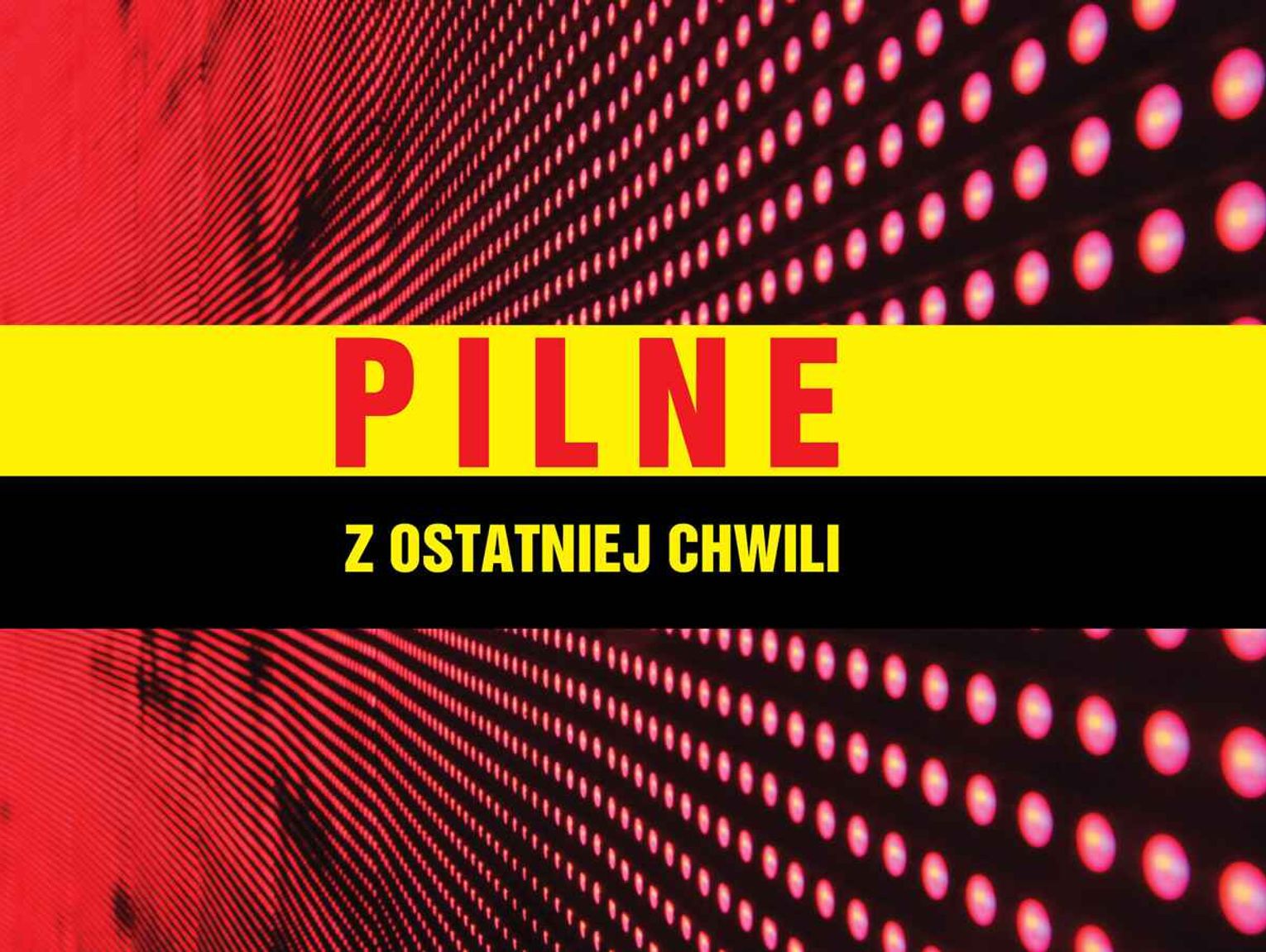
Гонка Верховного суда Висконсина должна включать принцип, а не политику
Автор: Джонатан Турли,
Сегодня избиратели Висконсина идут на выборы, которые могут стать самой дорогой и важной судебной гонкой в современной истории.
Обе стороны тратят миллионы на баланс Верховного суда штата.
Если победит либерал Сьюзан Кроуфорд, ожидается, что она проголосует с демократическим большинством, чтобы одобрить фальсификацию округов Конгресса, чтобы гарантировать потерю двух республиканцев и, возможно, передать контроль над Палатой представителей демократам.
Необработанный политический тон на выборах вызывает беспокойство. Предполагается, что оба кандидата будут слепо поддерживать цели своих партий. Настоящей причиной для голосования сегодня должна стать судебная идеология. По иронии судьбы, Верховный суд Соединенных Штатов ясно дал понять это в важном деле Висконсина, которое рассматривалось накануне выборов в штате.
Дело заключается в Catholic Charities Bureau, Inc. v. Wisconsin Labor & Industry Review Commission.
В нижеприведенном решении контролируемый демократами Верховный суд Висконсина постановил, что католические благотворительные организации не могут воспользоваться религиозным освобождением от налога на безработицу штата, поскольку его благотворительная деятельность недостаточно религиозна.
Католическая благотворительность является одной из старейших и наиболее уважаемых благотворительных организаций в мире. Однако Церковь считает своим долгом помогать нуждающимся людям всех вероисповеданий. Таким образом, церковь не прозелитизирует в предоставлении такой помощи и услуг.
Государственная комиссия по труду постановила, что отсутствие такого религиозного выражения и молитвы делает благотворительность светской, даже если у нее есть религиозные мотивы.
Верховный суд Висконсина согласился и постановил, что благотворительность не осуществляется в основном в религиозных целях, поскольку она не «пытается наполнить» бенефициаров католической верой и не поставляет какие-либо религиозные материалы участникам программы или сотрудникам. " Иными словами, тот факт, что католические благотворительные организации помогают всем и не прозелитизируют, работал против этого. Верховный суд Висконсина, по сути, утверждал, что ему нужно больше молиться, чтобы предложить такую благотворительность, как церковь.
Это тревожное решение, которое позволит государству выбирать между религиями при взвешивании их относительных проявлений веры.
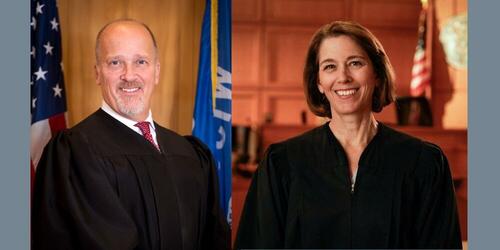
Даже либеральные судьи возмущались стандартом.
Судья Елена Каган предположила, что «довольно фундаментально, что мы не относимся к некоторым религиям лучше, чем к другим». И мы, конечно, не делаем этого, основываясь на содержании религиозной доктрины, которую проповедуют эти религии. "
Каган отметил, «Некоторые религии прозелитизируют. Другие религии этого не делают. Почему мы относимся к некоторым религиям лучше, чем к другим, основываясь на этом элементе религиозной доктрины? "
Она отметила, что стандарт "в основном ставит государство на сторону некоторых религий с какой-то доктриной против других религий с другой доктриной. "
Судья Кетанджи Браун Джексон предположил, что Верховный суд Висконсина задает неправильные вопросы о том, что значит быть организацией, «действующей главным образом в религиозных целях». "
Судья Нил Горсух практически высмеял стандарт Висконсинского Верховного суда. Вопрос о том, должны ли католические благотворительные организации требовать от людей, получающих их услуги, «покаяться». Затем он спросил: «является ли обязательное посещение церкви по сравнению с необязательным посещением церкви, вот в чем суть? "
Затем Горсюх передал сенокосу:
«Не является ли фундаментальной предпосылкой нашей Первой поправки то, что государство не должно выбирать между религиями, между определенными евангельскими сектами и, например, иудаизмом и католицизмом? "
Дело показывает, что есть гораздо более важные вопросы, разделяющие этих кандидатов на судебную философию, которая должна стимулировать эти выборы. Я не фанат государственных избранных судей и судей именно из-за грубого политического элемента этих конкурсов.
Дело католических благотворительных организаций показывает, что Верховный суд Висконсина разделен не только по партийной линии.
** **
Джонатан Терли — профессор права общественных интересов в Университете Джорджа Вашингтона и автор книги «Незаменимое право: свобода слова в эпоху гнева». "
Тайлер Дерден
Туэ, 04/01/2025 - 15:25






